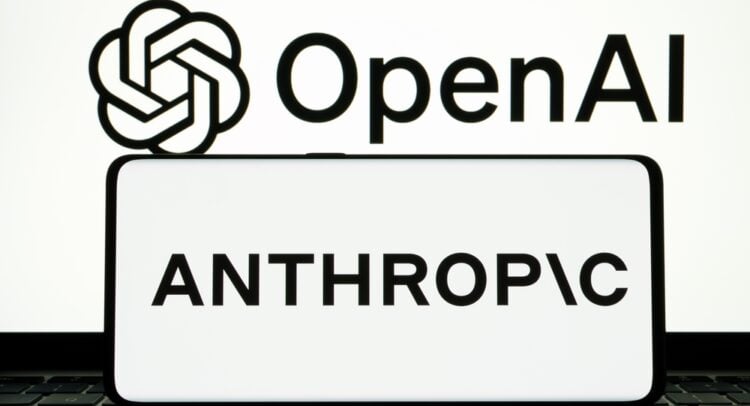OpenAI and Anthropic are reportedly weighing using investor funds to settle multibillion dollar copyright lawsuits over AI training data. That shift would move legal exposure to backers, affecting creators, investor governance, insurance markets, and how AI models use copyrighted content.

OpenAI and Anthropic are reportedly considering tapping investor funds to resolve multibillion dollar copyright claims that allege their large language models were trained on copyrighted material without permission. As attention on AI copyright lawsuits grows, this move would recast legal exposure as a capital allocation decision and raise urgent questions about investor rights, creator compensation, and the future of AI training practices.
The core issue is the data used to train AI systems. Plaintiffs including news organizations and groups of authors argue that AI training data contains copyrighted works used without authorization. With potential liabilities described as running into the multibillion dollar range, outcomes could outstrip the limits of standard insurance products and trigger investor involvement.
Yes, but doing so has implications. Using investor funds for copyright settlements or copyright infringement claims treats litigation as a business decision funded from the same capital used for growth. That raises governance and disclosure questions: should investors approve using capital to pay claims, and how will that influence future fundraising and term sheets?
Settlements funded by investors could deliver payments to creators faster than protracted court battles, potentially improving compensation for authors and journalists. However, settlements may resolve disputes case by case rather than produce clear legal standards for how AI can use human created content. For creators asking how AI companies handle copyright infringement claims, the immediate effect may be more access to remedies but less legal clarity.
If investor funded settlements become common, regulators and courts still may be called on to clarify acceptable training practices, transparency obligations, and the scope of copyright protection for training data. Insurers could eventually offer tailored products for AI firms if demand persists, but until then companies may adopt a mix of self insurance, licensing, and stricter data provenance practices.
OpenAI and Anthropic weighing the use of investor funds to settle copyright suits highlights how copyright and AI intersect with finance and governance. For creators, investors, and companies in the AI value chain, the developments will shape compensation, risk allocation, and how large language model copyright issues are resolved. Over the next 12 to 24 months, including key trials scheduled for late 2025, expect settlements, rulings, and regulatory guidance to influence whether investor funds become a common tool for addressing AI legal risk.
Questions to explore next: How will funders change term sheets to reflect AI legal risk, and what new insurance solutions might emerge to cover AI copyright liabilities?



